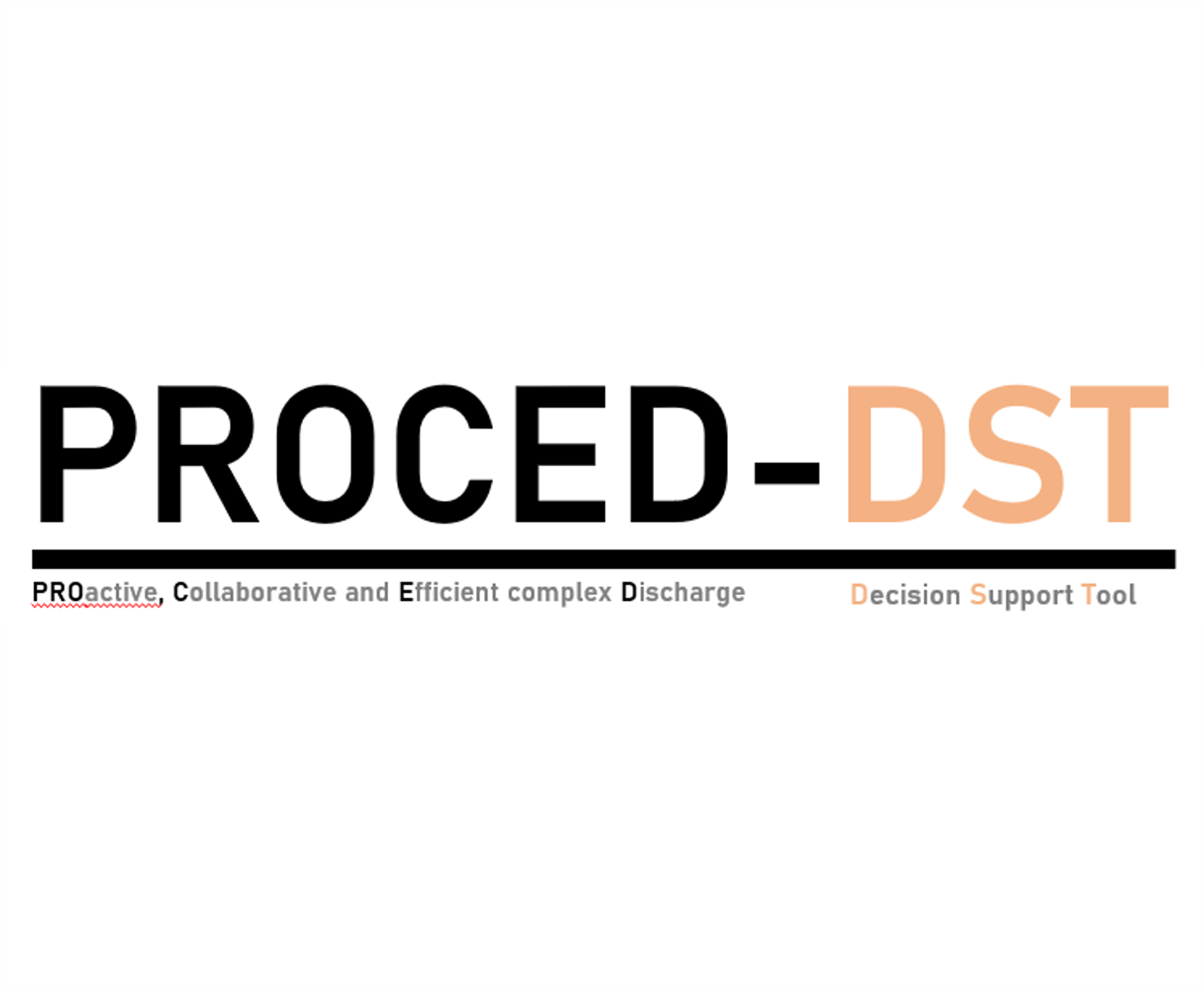Cluster-AIM

The development and validation of population clusters for integrating health and social care, A mixed-methods study on Multiple Long-Term Conditions
Health & Wellbeing Artificial IntelligenceProject Vision
Multiple long-term conditions (MLTC-M) are increasingly prevalent and associated with high rates of morbidity, mortality and health-care expenditure. Strategies to tackle this have primarily focused on addressing biological aspects of disease but MLTC-M are the result of and associated with additional psycho-social, economic and environmental barriers. For example, poor cognitive function impacts self-management or medication adherence; financial constraints and lack of housing requiring social and psychological support, or physical limitations that impair access to health. A shift towards more personalised, holistic and integrated care could be an effective approach. This could be achieved by clustering heterogenous populations by health and social need, and then tailoring interventions to each homogenous cluster. Evidence is needed on how to generate clusters based on health and social need and to quantify the impact of clusters on long-term health and costs.
We aim to develop and validate population clusters that consider health and social care determinants and subsequent need for people with MLTC-M using data-driven AI methods compared to expert-driven approaches, followed by evaluation of cluster trajectories and their association with health outcomes and costs to inform the design of a tailored intervention for integrating care.
Project Objectives
We will use a mixed-methods programme of work with parallel work streams as follows:
-
Workpackage 1: What are the clinical and socio-economic determinants and needs that should be considered in clustering people with MLTC-M for integrated health and social care?
-
Workpackage 2: WP2: Can expert-driven clusters be generated using a priori variables from WP 1 and how do these compare to data-driven clusters generated through machine learning?
IT Innovation's Role
IT Innovation co-leads work package 2 researching the use of artifical intelligence for clustering of multiple long term conditions
Project Funding
 AI Multimorbidity has received NIHR research funding.
AI Multimorbidity has received NIHR research funding.



